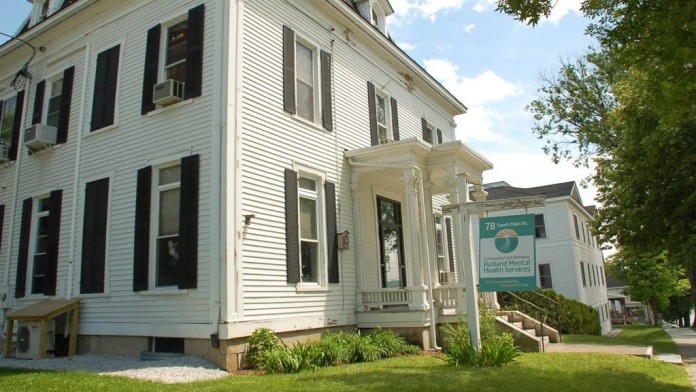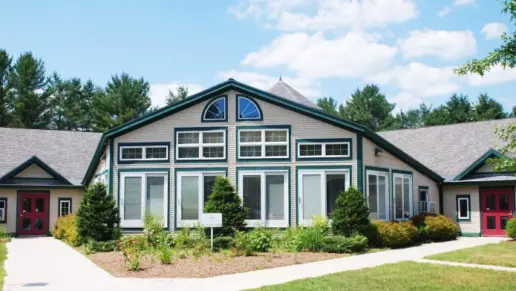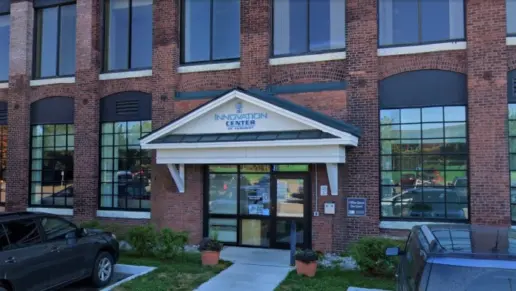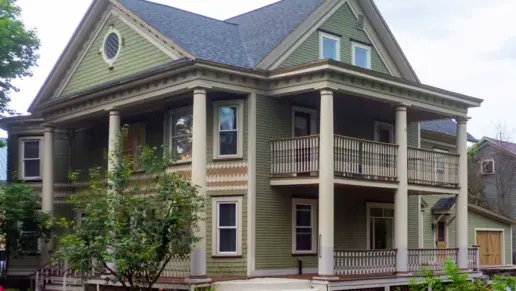About Community Care Network
The Community Care Network offers children, adolescents, and adults mental health and drug and alcohol addiction treatment at its Rutland, Vermont location. This addiction treatment center utilizes an evidence-based approach in its recovery programs to enhance the well-being of families, communities, and individuals suffering from the effects of addiction.
The Community Care Network provides substance abuse services using evidence-based practices and a compassionate interdisciplinary team. This rehab center’s services include an intensive outpatient program (IOP), treatment court, a re-entry program, community services, and continuing care for ongoing recovery.
In addition, this addiction treatment center offers substance abuse assessments and evaluations to determine the best course of addiction treatment based on an individual’s needs. Counseling and therapy are also provided in individual, group, and family settings.
The Community Care Network accepts most major insurances, including United Healthcare, Cigna, Medicare, Medicaid, Premera Blue Cross, Humana, and TRICARE. Other accepted insurances include Molina Medicare, Aetna, WellCare, Healthy Blue, and many more. However, as is the case with most rehab centers, not all insurers are accepted. That’s why it’s best to speak with your insurer to determine coverage details and out-of-network benefits.
According to SAMHSA, the Community Care Network is on its way to becoming a respected Certified Community Behavioral Health Clinic. It is also affiliated with United Way and Vermont Care Partners.
Latest Reviews
Rehab Score
Gallery

Location
Other Forms of Payment
Self-pay involves paying for treatment out of your own pocket. You can use savings or credit, get a personal loan, or receive help from family and friends to fund your treatment. If you don't have insurance or your insurance plan doesn't cover a specific program, self-pay can help ensure you still get the care you need.
Private insurance refers to any kind of healthcare coverage that isn't from the state or federal government. This includes individual and family plans offered by an employer or purchased from the Insurance Marketplace. Every plan will have different requirements and out of pocket costs so be sure to get the full details before you start treatment.
Medicaid is a state based program that helps lower-income individuals and families pay for healthcare. Medicaid covers addiction treatment so those enrolled can use their coverage to pay for rehab. When a program accepts Medicaid the client often pays very little or nothing out of their own pocket.
Addiction Treatments
Levels of Care
Treatments
The goal of treatment for alcoholism is abstinence. Those with poor social support, poor motivation, or psychiatric disorders tend to relapse within a few years of treatment. For these people, success is measured by longer periods of abstinence, reduced use of alcohol, better health, and improved social functioning. Recovery and Maintenance are usually based on 12 step programs and AA meetings.
A person with substance dependence can achieve recovery through drug rehab in Vermont. Professional staff provide a combination of interventions that are designed to help you attain and maintain abstinence from drugs.
Many of those suffering from addiction also suffer from mental or emotional illnesses like schizophrenia, bipolar disorder, depression, or anxiety disorders. Rehab and other substance abuse facilities treating those with a dual diagnosis or co-occurring disorder administer psychiatric treatment to address the person's mental health issue in addition to drug and alcohol rehabilitation.
A combined mental health and substance abuse rehab has the staff and resources available to handle individuals with both mental health and substance abuse issues. It can be challenging to determine where a specific symptom stems from (a mental health issue or an issue related to substance abuse), so mental health and substance abuse professionals are helpful in detangling symptoms and keeping treatment on track.
Programs


Clinical Services
Research clearly demonstrates that recovery is far more successful and sustainable when loved ones like family members participate in rehab and substance abuse treatment. Genetic factors may be at play when it comes to drug and alcohol addiction, as well as mental health issues. Family dynamics often play a critical role in addiction triggers, and if properly educated, family members can be a strong source of support when it comes to rehabilitation.
Group therapy is any therapeutic work that happens in a group (not one-on-one). There are a number of different group therapy modalities, including support groups, experiential therapy, psycho-education, and more. Group therapy involves treatment as well as processing interaction between group members.
In individual therapy, a patient meets one-on-one with a trained psychologist or counselor. Therapy is a pivotal part of effective substance abuse treatment, as it often covers root causes of addiction, including challenges faced by the patient in their social, family, and work/school life.
Contact Information
78 South Main street
Rutland, VT 05701


